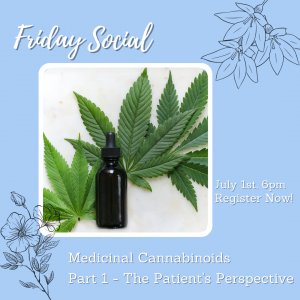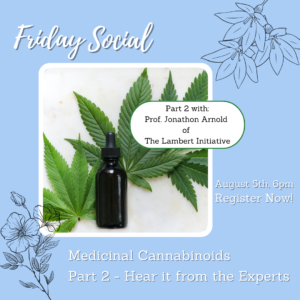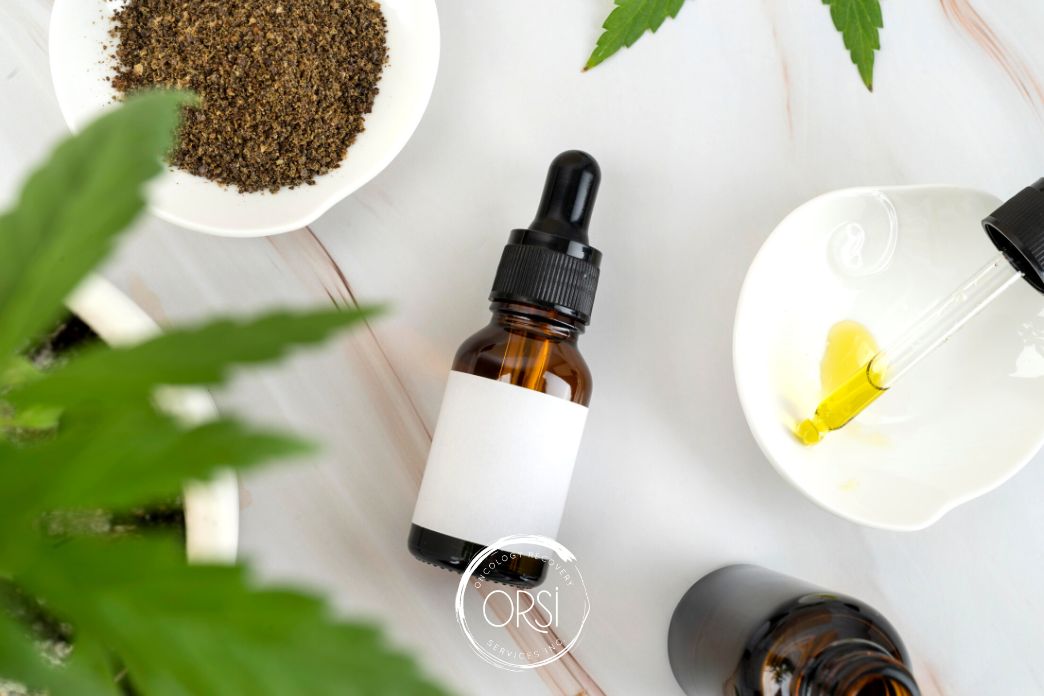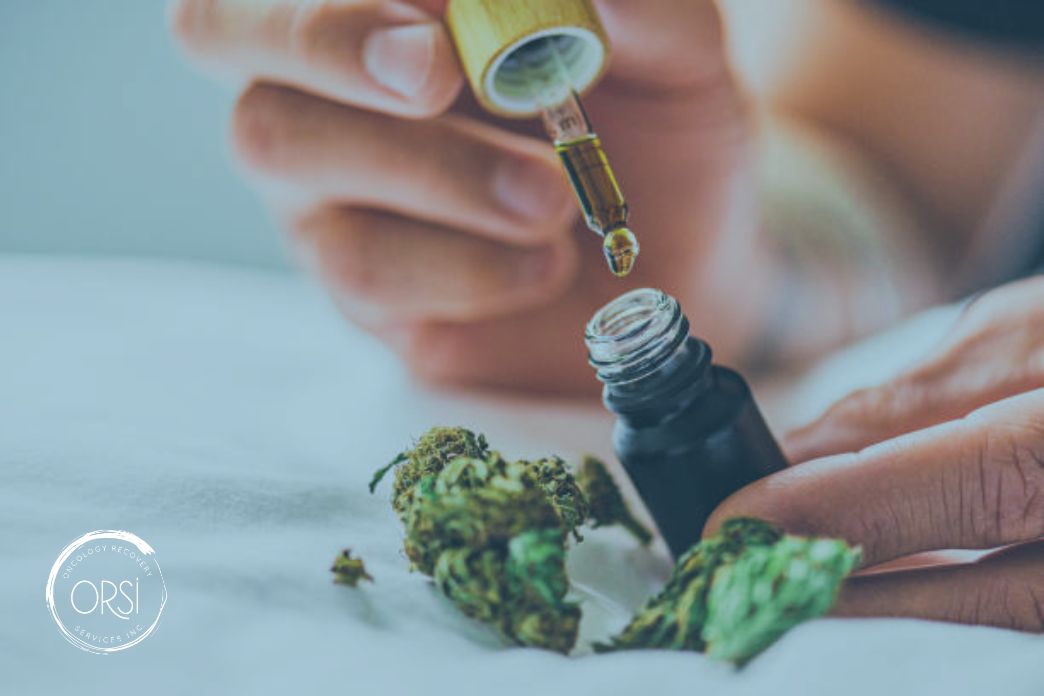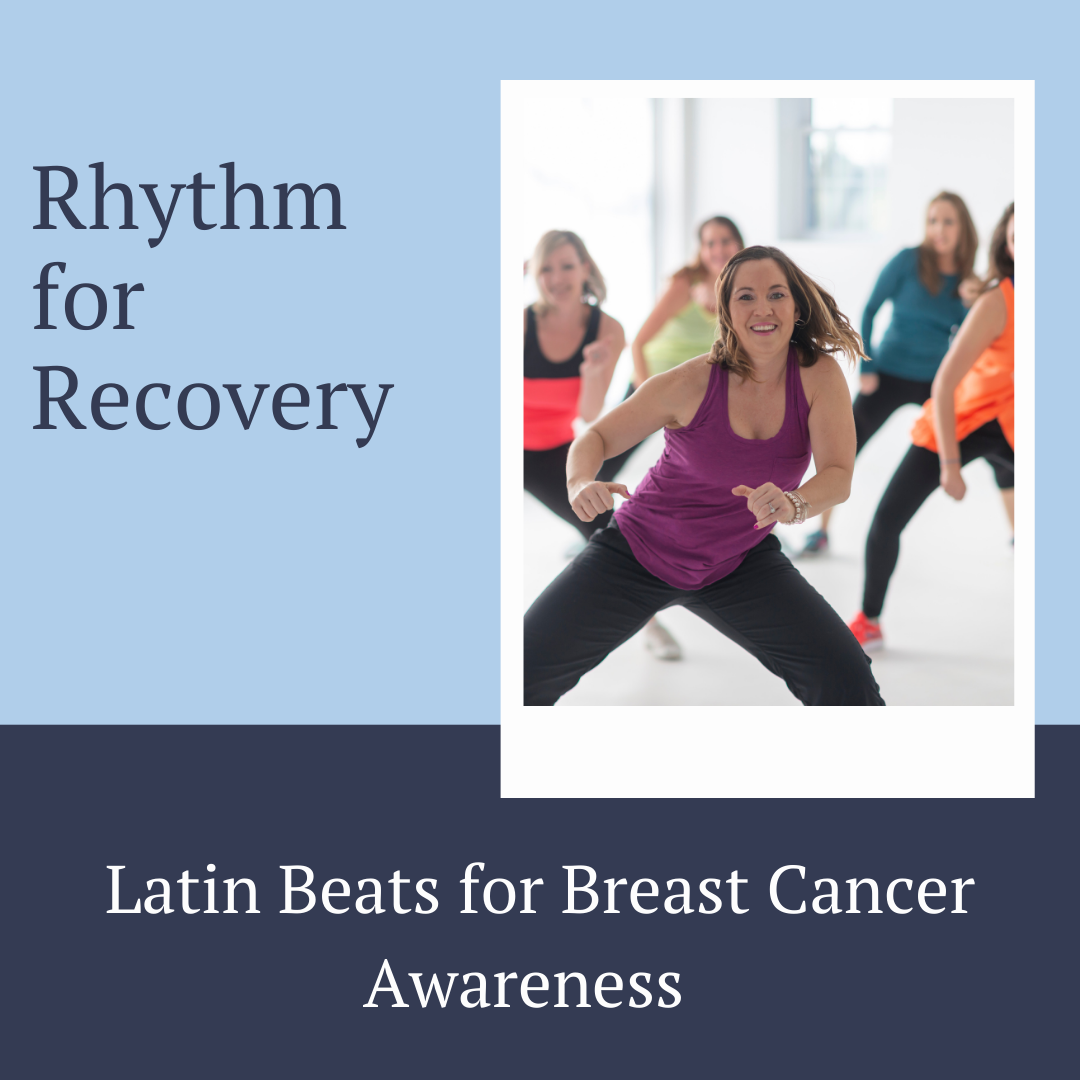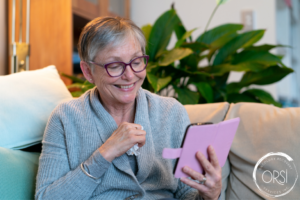While there is still much to learn about the potential benefits of cannabis in cancer patients, some early research suggests that it may play a role in managing symptoms related to cancer and reducing side effects of cancer treatments.
Cancer patients undergoing chemotherapy often suffer from nausea, vomiting, pain and lack of appetite. For some cancer patients, medicinal cannabis has been shown to help alleviate these symptoms.
If you’re considering using medical cannabis to treat your cancer, here is what you need to know.
What is medicinal cannabis?
Cannabis is a complex plant with over 500 constituents, including about 100 cannabinoids.
Tetrahydrocannabinol (THC) and cannabidiol (CBD) are the primary active ingredients used in medical applications.
THC, the psychoactive component of cannabis that causes a “high,” has been used to treat symptoms such as nausea, pain and muscle spasticity.
CBD is non-psychoactive and has been used to treat various symptoms, including inflammatory disorders and epilepsy.
Endocannabinoids are cannabinoids that our bodies naturally produce. These, like those found in the cannabis plant, activate cannabinoid receptors in our bodies.
It is thought that if there is a problem or deficiency with our endocannabinoid system, we may experience pain and other unpleasant physical symptoms. The endocannabinoid system regulates various critical processes and functions, including memory, sleep, fertility, appetite and mood.
Cannabinoids are cannabis-derived chemical compounds that act on the body by activating cannabinoid receptors in our brains and bodies.
What types of medicinal cannabis products are available?
There are a number of medicinal cannabis products available in Australia. They vary in active ingredients, concentrations, quality and regulatory control.
-
Pharmaceutical
These are medical-grade natural and synthetic products with standardised content. The three main products are:
- Dronabinol: This is a synthetic form of THC.
- Nabilone: This is a synthetic form of THC.
- Nabiximols: This is a chemically pure 50:50 mixture of THC and CBD.
- Dronabinol: This is a synthetic form of THC.
-
Medicinal-grade herbal cannabis
These are produced and processed to a medical grade in standard controlled conditions, free of contaminants, higher levels of CBD and other cannabinoids, and lower levels of THC. This is available in the herbal form or as an oil, balm, capsule, or pill.
-
Illegal herbal cannabis
These contain potentially unstable THC, CBD, and contaminants.
How do cannabinoid drugs affect cancer symptoms?
According to several studies, THC may be beneficial in reducing nausea and vomiting associated with chemotherapy.
THC in combination with CBD have shown promise in treating cancer pain that isn’t relieved by strong pain medications. Ongoing research is being conducted to explore this more.
Prescribing medicinal cannabis for cancer patients
The Therapeutic Goods Administration (TGA) and the Office of Drug Control (ODC) are part of the Commonwealth Department of Health, which regulates medicinal cannabis products in Australia.
Generally, imported, supplied, and exported medicines from Australia must be registered in the TGA’s Australian Register of Therapeutic Goods (ARTG). There are, however, mechanisms in place to provide access to medicines that are not registered on the ARTG.
Because most medicinal cannabis products are currently unregistered medicines, access to them is only possible through the Commonwealth Special Access or Authorised Prescriber Schemes 14 or a Clinical Trial.
When used for therapeutic purposes, doctors can prescribe both plant-based and synthetic products, such as:
- tinctures are plant materials that have been infused in oil or alcohol
- in a vaporiser, dried plant material or concentrated cannabis extract is heated
- capsules or sprays: oil-based capsules that are taken orally
- pharmaceutical products
The effects of cannabis and cannabinoids vary significantly depending on dose and individual, as well as how cannabis compounds enter the body. Smoking, in general, is harmful, and smoking cannabis products is prohibited.
Why do cancer patients choose medical cannabis?
Adult cancer patients who want to use medicinal cannabis do so for various reasons, including poor pain control, nausea, depression, sleep, and coping with stress and illness. Cancer pain and related symptoms are currently the third most common reason for medicinal cannabis prescriptions in Australia.
Patients with a high symptom burden, including children, are more likely to be prescribed cannabis and report favourable efficacy.
Despite evidence to the contrary, many people still believe it can help reduce or eliminate their cancer.
Final thoughts on the role of medicinal cannabis in cancer patients
Exploring and understanding the use of medicinal cannabinoids for cancer patients is a growing field in science and medicine. Evidence for its use is emerging but requires further research. Despite a growing body of clinical evidence, cancer patients may face bureaucratic and social barriers to accessing medicinal cannabis.
Medical decisions about pain and symptom management should be made collaboratively by the cancer patient and their doctor, considering evidence of benefit and harm to the patient, the patient’s preferences and values, and applicable laws and regulations.
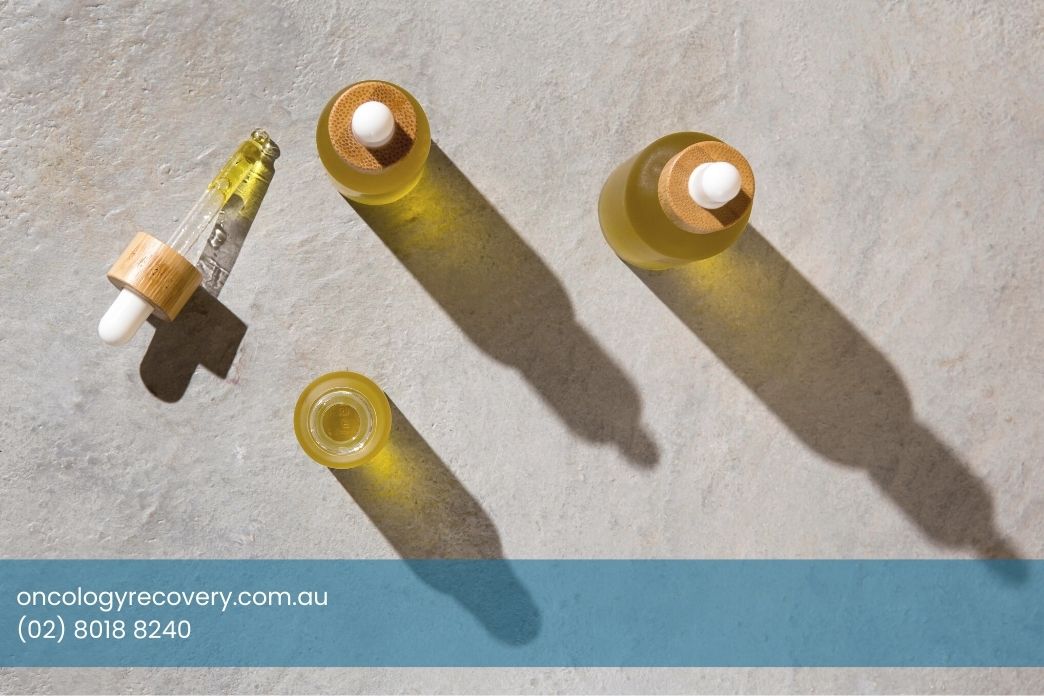
For more information on the role of medicinal cannabis in cancer care please talk to your medical team or visit:
The Lambert Initiative: https://www.sydney.edu.au/lambert/
We conducted a two-part interview series on this topic as part of our Friday Social community initiative.
